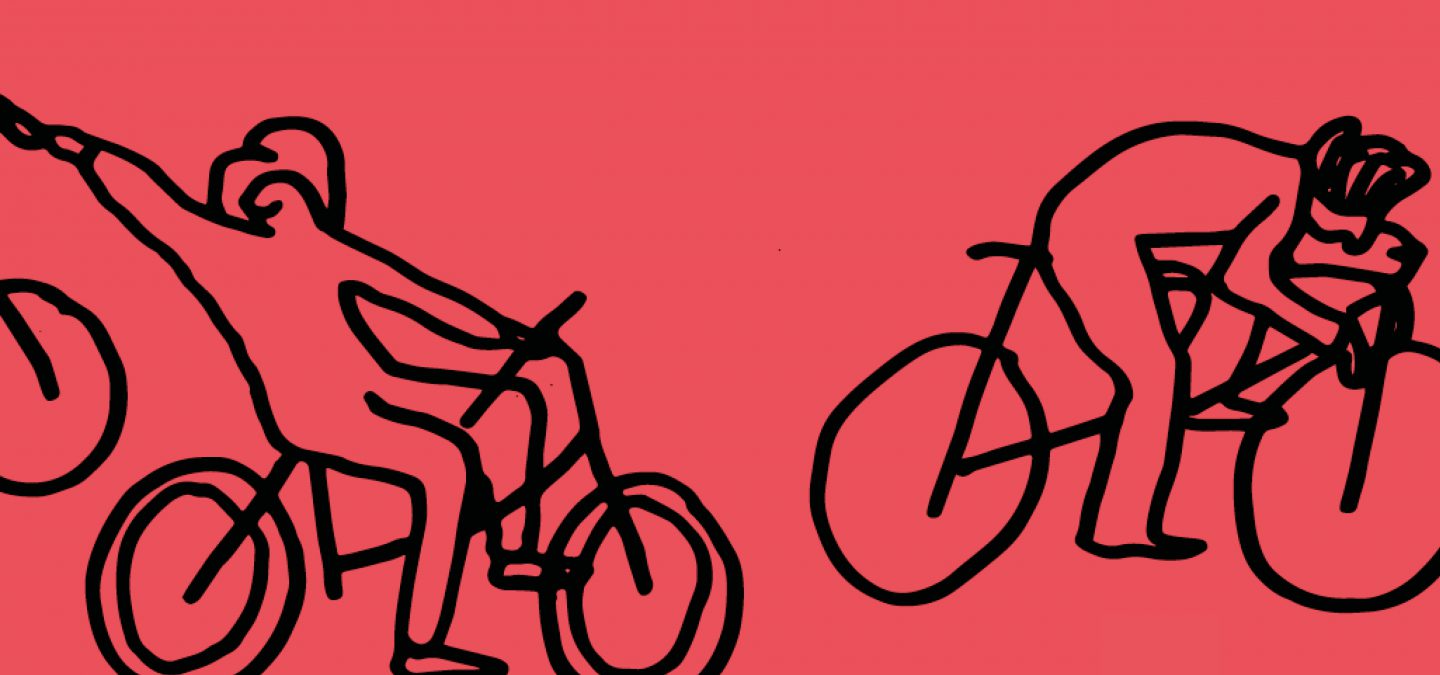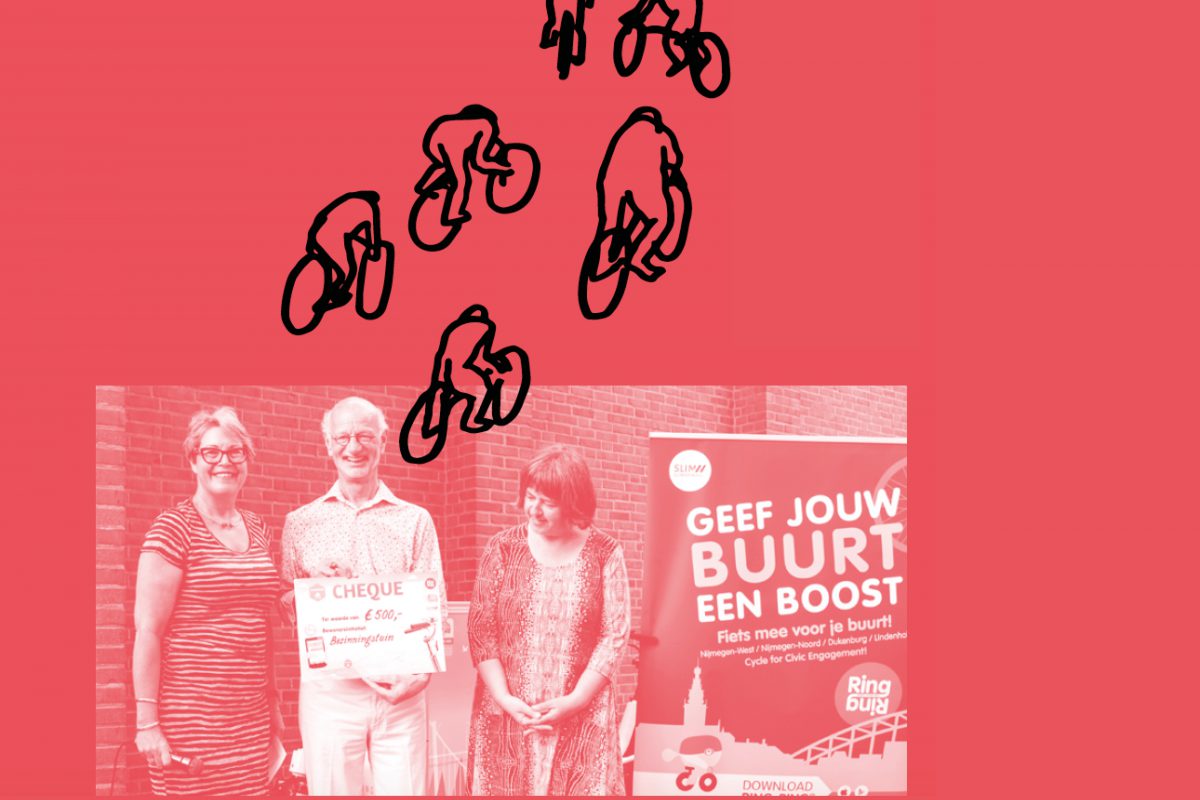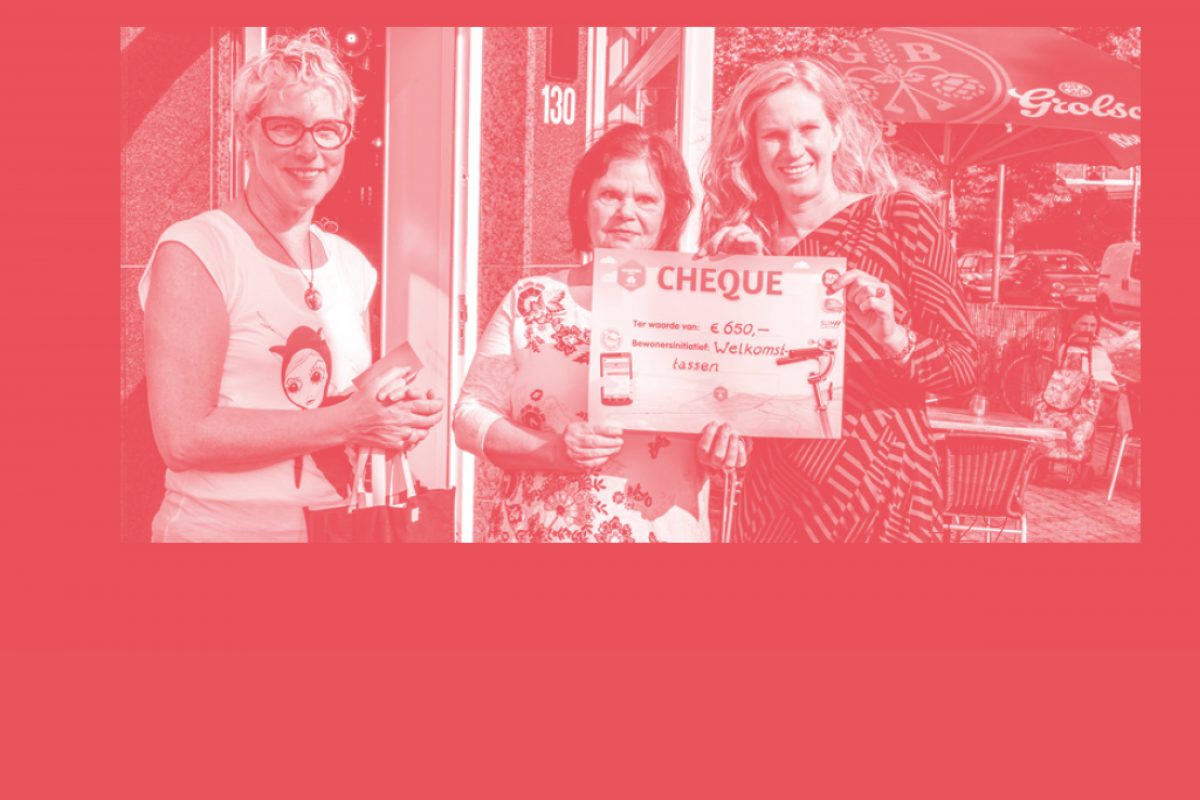
Keep up with our latest news and projects!

The Netherlands is one of the leading countries when it comes to citizens using the bicycle as an equal mode of transport to go to work, shop, or visit friends. Cycling is ‘normal’ here. However even in the Netherlands people’s health is getting worse. With growing urbanization and poorer air quality due to car use and fossil fuels, public space is becoming more and more important. A study shows that 50% of people would sit still in their car even for a short-distance ride (below 10 miles). If cycling can help address all three issues, namely health concerns, public space and air quality, the question is how to nudge people to cycle more often?
Each person can have an impact on the future through their own daily choices. Rewarding the miles cycled from different perspectives can help people make the right choice. First, people become more aware that they actually have a choice and second, social and financial benefits may eventually persuade them to mount their bicycle for a longer time.


Ring-Ring has developed a platform and an app to reward actual miles cycled from five different perspectives: municipalities, employers, insurance, entrepreneurs and citizens. With several local city governments on board, our reward programme has been implemented to exchange cycled miles on a neighbourhood level with citizen initiatives from that neighbourhood. The process of measuring and rewarding miles is done automatically through algorithms based on real miles cycled to, from and in the specified areas. Local initiatives become visible, citizens learn from these bottom-up ideas and inspire each other to start their own project. Most citizen initiatives strive to be more connected and to use our public space to meet and learn from each other. Everyone can join and help to speed up the realization of the ideas, just by cycling. It is a win-win situation for people and cities and a positive cooperation between government and citizens.
Since the start of the programme two years ago, we’ve seen a total of 35 projects, including planting apple trees and educating children about healthy food, providing welcome bags for new inhabitants, nature education designed outdoors, cycling for all ages, music for kids in hospitals and many others.